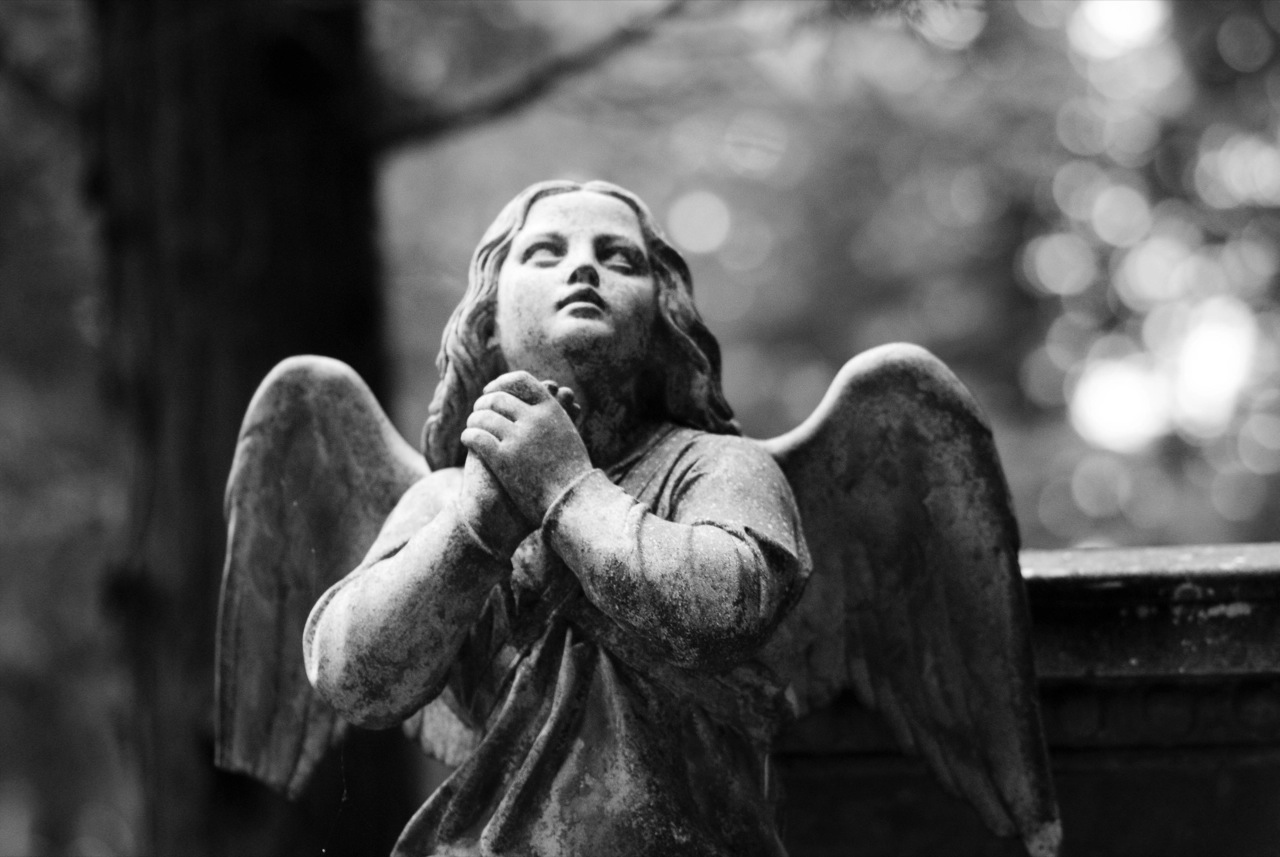 Monday, August 25, 2014
Monday, August 25, 2014 a pr lesson from a missed meeting with death
 Some moments are truly life changing. For one PR professional it was when he had cause to thank the NHS for his own life. He is passionate about PR in the service. He also believes that good PR is made by good people trying to make things happen better.
Some moments are truly life changing. For one PR professional it was when he had cause to thank the NHS for his own life. He is passionate about PR in the service. He also believes that good PR is made by good people trying to make things happen better.
By Alan Taman
I died 9 years ago. It changes your view on things.
When I say ‘died’ there is some licence. Technically, my heart stopped. Briefly. Since I was (a) hooked up to a monitor in A&E which instantly started screaming and (b) just as quickly surrounded by a caring cloud of calm health professionals it didn’t stay stopped, and I didn’t stop staying. My faith in the NHS, already firm, became rock solid at that point. If you want to read about how that changed my life fundamentally in one way, just Google ‘Alan Taman’ and ‘aspirin’; it’s kind of true, as far as the Sunday tabloids ever are. I’ve gained a few grey hairs since.
But professionally? My attitude to PR is one of autonomous professionalism: I see the point of hierarchies but I’ve never felt comfortable with them. I see the need to protect accountable authority as a better alternative to living under unbridled power, but I’ve never felt the need to promote it. I was always drawn to the creative in PR, and away from the prescriptive. Nearly Dying only made those principles stronger. When confronted with your own mortality, I think the most basic question you are left with is, ‘Well what is important to you, then?’ Work has always been important. But as important as the work, if not more so, is why I am doing it. It’s never been about the money, though the need to pay your way also matters deeply.
Which means working in the NHS as a PR was always going to be a dynamic balance: promoting health but suffering at-times stifling procedural inertia. Especially when ticking the boxes is being resorted to through ignorance – of the media and of the principles of public relations. I did encounter some of that. Inevitably, because two of the great engines driving the NHS Leviathan are fear and blame. Fortunately, caring for people and doing your best by and for them are also there and usually stronger. But that isn’t guaranteed.
This vital balance of conflicting cultures always fascinated me as much as irritated. I wanted to know why. I believe that the best comms people are those who question, not those who acquiesce: never be a ‘yes-man’. Unfortunately, not all NHS senior managers hold that view. Resolving this can be as productive as it is infuriating – but it takes only one close-minded bully to stop the machine. And I’ve encountered them in the NHS, too. They come in various shades, but they all bite and claw.
I always said ‘give me enough money and I’m off to write the novel’, which wasn’t mere bravado. I meant it. So when the offer to do just that came along, I took it. Then used the money to fund my Masters on NHS PR. Which in turn has made me determined to carry on and do the doctorate. I could have paid off the debts, settled back to a duller working life. Nope.
The best poetry I’ve seen that reflects this is by Scott, from the Bride of Lammermoor* which ends:
‘Vacant heart, and hand, and eye;
easy live, and quiet, die.’
Something I have always tried to avoid, and spent most of my life succeeding in avoiding. Even when that meant not succeeding, in the customary sense.
Dylan Thomas touched on the same sentiment when he advocated raging against the fading of the light. But that was about ageing and dying well. I tried the last bit once. Really, it should wait until the good living is done, especially as we are obliged to experience the first bit while doing so.
Good PR is made by good people trying to make things happen better. Sometimes, that means trying something new. Doesn’t mean living dangerously, nor does it mean taking foolish chances. But it does mean you are still alive.
…and I’m still married to Wendy. We were blessed with our first grandchild last year.
(* I didn’t read the novel – only the quote, in the Concise Oxford Dictionary of Quotations. I was always book-nerdy too.)
Alan Taman is currently researching and campaigning for better training and standards in health journalism and PR. He is a member of the National Union of Journalist’s Public Relations and Communications Council. He can be contacted on: healthjournos@gmail.com or via his website. You can follow the campaign on @healthjournos on Twitter or on www.europeanhealthjournalism.com
 health
health 














Reader Comments